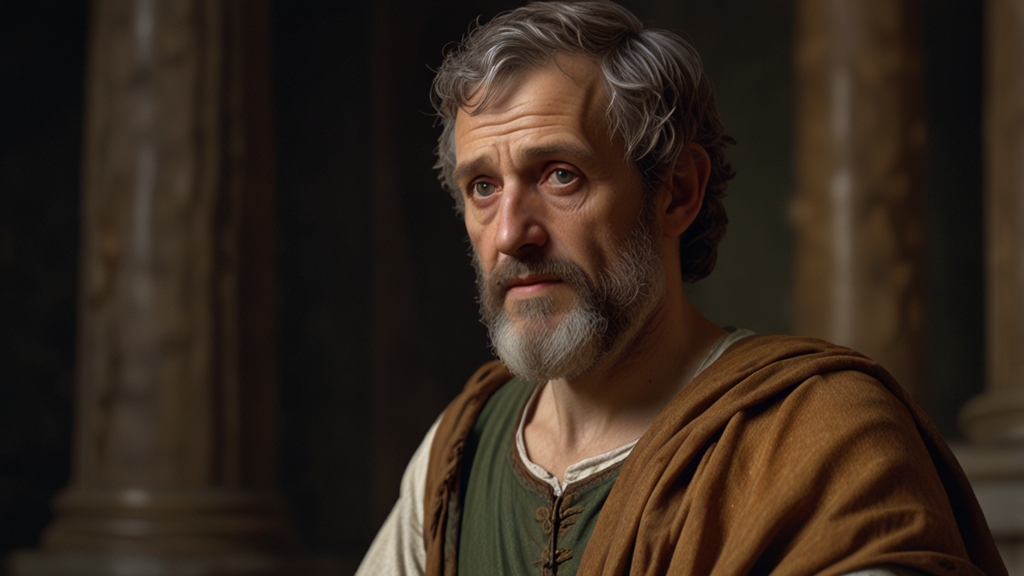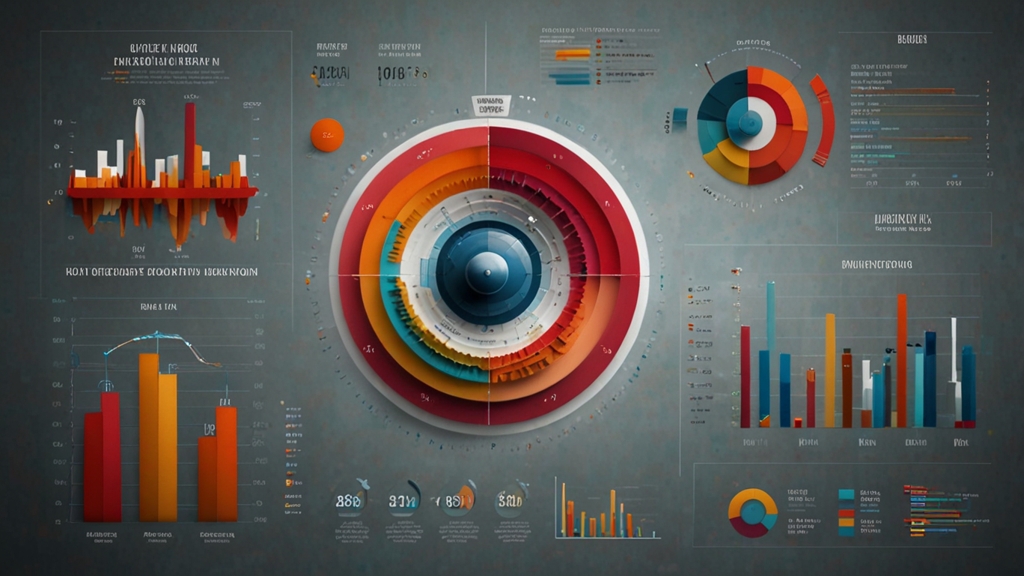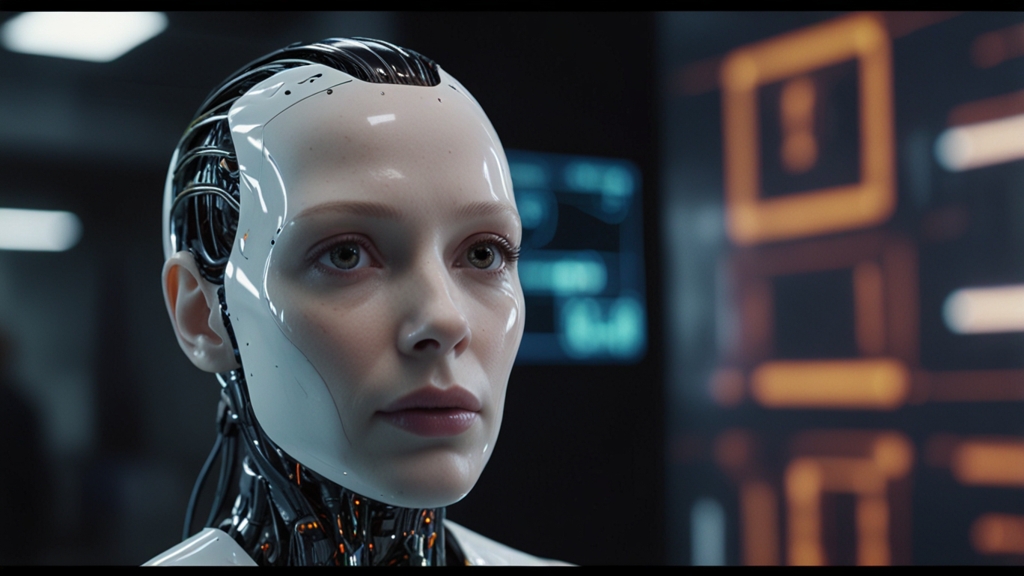A Journey Through History: Logic from Aristotle to Today
The discipline of logic, a cornerstone of philosophical inquiry, has undergone significant evolution since its inception. From the pioneering thoughts of Aristotle to the sophisticated methodologies of contemporary logical theory, the transformation of logic over centuries reflects humanity’s quest for understanding and truth. This journey is not just a historical narrative but also a testament to intellectual rigor and adaptability.
The Foundations: Aristotle's Syllogistic Logic
Aristotle, the Greek philosopher, is often hailed as the "Father of Logic." In his works, particularly in the Organon, Aristotle introduced syllogistic logic, a form of reasoning where conclusions are drawn from two given premises. For instance:
All men are mortal.
Socrates is a man.
Therefore, Socrates is mortal.
This form of deductive reasoning laid the groundwork for future logical exploration. Aristotle's emphasis on structured argumentation and his categorization of various logical fallacies established a framework that would influence scholars for centuries.
The Middle Ages: Logic in Scholasticism
During the Medieval period, the study of logic was primarily driven by scholastic philosophers in the context of Christian theology. Thinkers like Thomas Aquinas and Peter Abelard extended Aristotelian logic to reconcile faith with reason. They advanced the field by integrating Aristotelian principles with doctrinal teachings, ensuring that logic was preserved and adapted within a theologically dominated landscape.
Early Modern Period: The Rise of Formal Logic
The Early Modern Period witnessed a transformation in logical thought with developments in symbolic logic. René Descartes, often regarded as the father of modern philosophy, contributed significantly through his emphasis on deduction and analytic geometry. However, it was Gottfried Wilhelm Leibniz who profoundly impacted logic by envisaging a universal symbolic language that could simplify reasoning processes.
Leibniz's dream of a "characteristica universalis" laid the foundation for subsequent advancements in formal logic. His approach aimed to reduce reasoning to calculation, prefiguring the more formal systems developed in the 19th and 20th centuries.
The 19th Century: Boolean Algebra and Peano's Contributions
In the 19th century, logic underwent formalization with the introduction of Boolean algebra by George Boole. This system, essential to the development of digital computing, represented logical statements using binary variables. Boole's work signified a departure from traditional syllogistic logic, paving the way for modern computational logic.
Simultaneously, Giuseppe Peano formalized parts of mathematical logic, contributing to the axiomatic approach that underpins much of contemporary logic. Peano's axioms were foundational in the study of arithmetic and influenced the formalist school of mathematical thought.
The 20th Century: The Proliferation of Logical Systems
The 20th century witnessed unparalleled advancements in logic, driven by the work of logicians like Bertrand Russell, Kurt Gödel, and Alan Turing. Russell, along with Alfred North Whitehead, co-authored Principia Mathematica, an ambitious project that aimed to ground all mathematical truths in a formal logical system.
"The method of 'postulating' what we want has many advantages; they are the same as the advantages of theft over honest toil." - Bertrand Russell, Introduction to Mathematical Philosophy
Gödel’s incompleteness theorems, however, revealed inherent limitations within formal systems, proving that some truths cannot be derived from any consistent set of axioms. Meanwhile, Turing’s theoretical work laid the groundwork for computer science and artificial intelligence, showcasing the practical implications of logical theory.
Contemporary Developments: The Interdisciplinary Nature of Logic
Today, logic continues to be an interdisciplinary field, intersecting with philosophy, mathematics, computer science, linguistics, and cognitive science. Modal logic, fuzzy logic, and other non-classical logics address limitations of traditional approaches and cater to complex reasoning scenarios in artificial intelligence and theoretical computer science.
The journey from Aristotle’s syllogistic forms to the contemporary multifaceted logical systems illustrates not just an evolution of thought but also an expansion of applicability. As we advance in an era where human and machine reasoning intertwines, the legacy of logical theory continues to shape our pursuit of knowledge and truth.
Logic remains a dynamic and indispensable discipline, continually adapting to new challenges and discoveries. Its future promises further integration with emerging technologies and sustained relevance in the quest for understanding the complexities of the universe.








